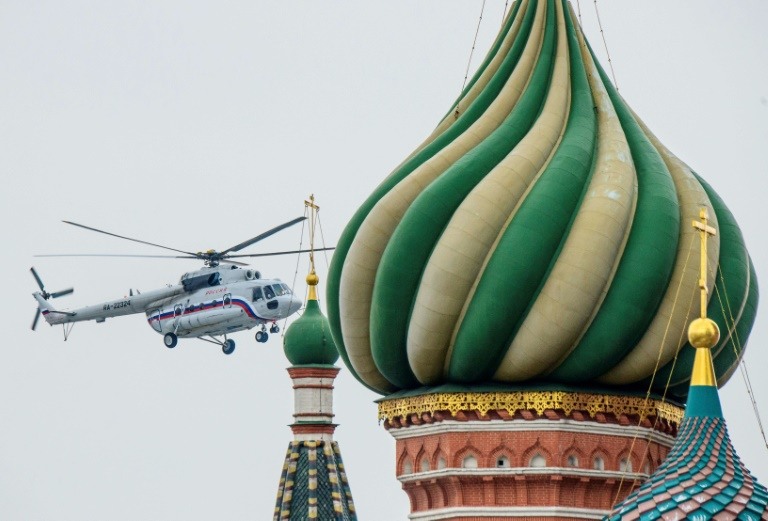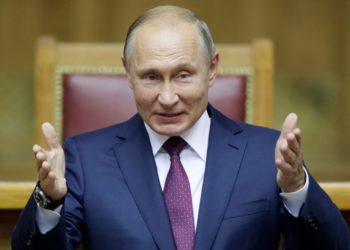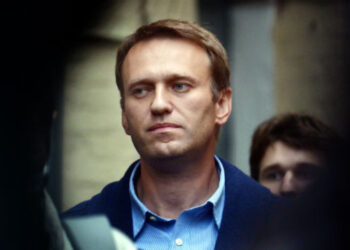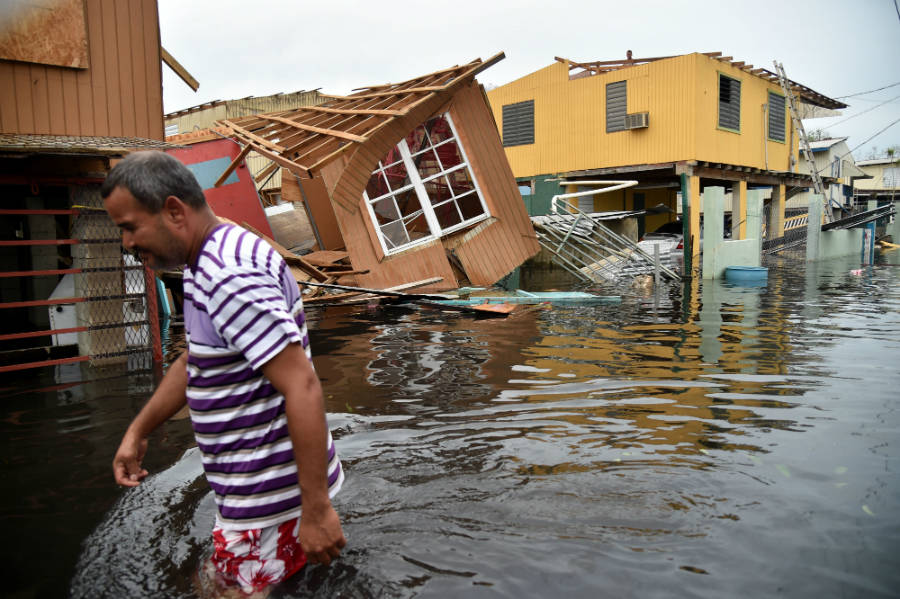Russia’s government resigned on Wednesday after President Vladimir Putin proposed a referendum on a series of constitutional reforms.
In a televised meeting with the Russian president, Prime Minister Dmitry Medvedev said the proposals would make significant changes to the country’s balance of power and so “the government in its current form has resigned.”
“We should provide the president of our country with the possibility to take all the necessary measures” to carry out the changes, Medvedev said.
“All further decisions will be taken by the president.”
Earlier Wednesday Putin proposed a referendum on a package of reforms to Russia’s constitution that would strengthen the role of parliament.
The changes would include giving parliament the power to choose the prime minister and senior cabinet members, instead of the president as in the current system.
The role of regional governors would be enhanced and lawmakers would be consulted on the appointment of senior law enforcement officials.
But the president would retain nearly all of the position’s wide-ranging powers.
The move is likely to fuel speculation about Putin’s political future after more than 20 years in power, but the Russian leader gave no hints about his plans for when his fourth Kremlin term expires in 2024.
It also comes ahead of parliamentary elections due in 2021, with the ruling United Russia party suffering from low approval ratings.
Re-elected to a six-year term in 2018, Putin has seen his approval ratings fall to some of their lowest levels, though still far above those of most Western leaders.
Recent polls put Putin’s rating at 68-70 percent, up a few points from a year ago but down from a high of more than 80 percent at the time of his last election.
Hit by Western sanctions over the 2014 annexation of Crimea, Russia’s economy has stagnated and most Russians have seen their disposable income fall.
Frustration boiled over last summer, with thousands taking to the streets of Moscow to protest the exclusion of opposition candidates from local elections, leading to wide-scale arrests and long jail terms for a number of demonstrators.
Putin announced the proposed package of reforms in his annual address to lawmakers, saying the public’s representatives needed to play a stronger role in governing.
“I consider it necessary to conduct a vote by the country’s citizens on an entire package of proposed amendments to the country’s constitution,” Putin said, without specifying any date for a vote.
Much of the speech, which lasted about 70 minutes, focused on promises of concrete support for families, with Putin saying Russia continues to face a “very difficult” demographic crisis.
Russia is again seeing falling birthrates as the generation becoming parents now were born in the 1990s, when the birthrate fell drastically due to economic uncertainties following the collapse of the Soviet Union.
“Russia’s fate and its historic prospects depend on how many of us there are,” Putin said, announcing new cash payouts for births and the extension of child benefit plans.
Next year’s parliamentary vote will be seen as a key test of the system Putin has put in place, with the leader supported by loyalist parliamentarians and security services targeting the opposition.
More on the Subject
Russia Ups Pressure on Navalny, Brands His Opposition ‘Foreign Agent’




















